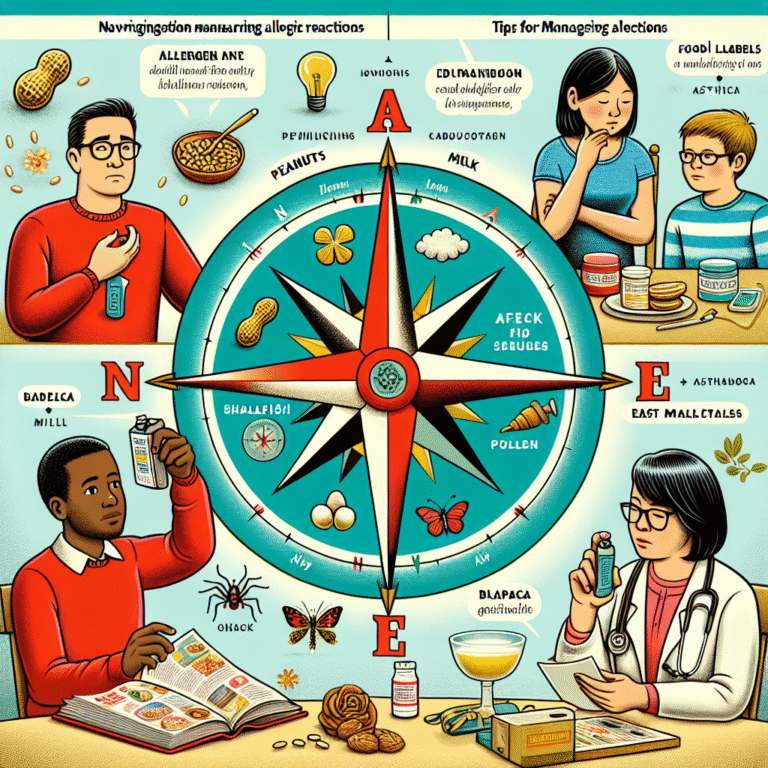Introduction
In an age defined by rapid information exchange and scientific advancement, the reliability of research findings is more crucial than ever. When scientists publish new discoveries, they contribute to a collective understanding of the world. However, the real measure of scientific excellence isn’t just the novelty of findings—it’s whether those findings can be replicated. Replicating Success: How Reproduction of Studies Builds Trust in Science serves as a pivotal foundation for credibility in the scientific community. In this comprehensive exploration, we delve into the significance of study replication, shedding light on how it builds trust, strengthens knowledge, and ultimately fuels progress across disciplines.
The Importance of Repetition in Science
The scientific method hinges on repeatability and validation. When results can be independently reproduced, they build a robust body of evidence that researchers and practitioners can rely upon. This process of replication is essential not only for strengthening existing theories but also for challenging and refining them.
The Role of Peer Review in Replication
Peer review is designed to catch errors and bias before publication, but it can sometimes overlook the importance of replication. For instance, a 2015 study found that only about 39% of psychological studies could be successfully replicated. This statistic raises a red flag regarding the reliability of prior research and underscores the necessity of ongoing study reproduction.
Case Study: The Reproducibility Project
One of the most significant endeavors to gauge the replicability of scientific research is The Reproducibility Project, a large-scale collaboration involving psychologists who aimed to replicate 100 studies published in top psychology journals.
Findings and Implications
The findings were eye-opening—only 36% of the studies yielded statistically significant results upon replication. This raised fundamental questions about the robustness of methodologies and underlying theories within psychology. The Reproducibility Project serves as a microcosm of the broader scientific landscape, illuminating the need for rigorous methodologies and transparent reporting standards.
How Reproduction of Studies Builds Trust in Science
Replicating Success: How Reproduction of Studies Builds Trust in Science isn’t merely about repeating past experiments; it’s about reinforcing the integrity of the entire field. Here are several ways in which replication fosters credibility:
1. Strengthening Validity
When findings are replicated across different teams, methods, and populations, it reinforces their validity. Different contexts can yield additional insights or highlight the limits of original studies.
2. Fostering Transparency
Replicability encourages transparency in methodologies and data reporting. Scholars are more likely to share their raw data, code, and protocols when they know their work will be scrutinized.
3. Enhancing Collaboration
The drive for successful reproduction fosters a collaborative spirit among researchers, leading to more shared resources, diverse perspectives, and ultimately richer scientific discourse.
| Benefit | Description |
|---|---|
| Strengthened Validity | Reinforces findings across contexts |
| Fostering Transparency | Encourages clearer methodologies |
| Enhanced Collaboration | Leads to shared insights and resources |
Barriers to Replication
Despite its importance, Replicating Success: How Reproduction of Studies Builds Trust in Science faces several challenges:
1. Publication Bias
Positive results are often more likely to be published, leading to a bias in the academic literature. This means that studies that fail to replicate may go unreported, skewing the perception of reliability and validity.
2. Resource Limitations
Replication studies often require significant funding and time, dissuading researchers from pursuing them. They might be perceived as less prestigious compared to groundbreaking research.
Moving Toward a Culture of Replication
Creating an environment that values replication is essential for elevating scientific research. Changing incentives and embedding replication into the fabric of scientific discourse will turn the tide toward reliability.
1. Incentivizing Reproducibility
Funding agencies and academic institutions need to prioritize funding for replication efforts, creating grants specifically earmarked for this purpose.
2. Educating Researchers
Incorporating replication into university curricula will equip future scientists with the skills and importance of conduct.
Conclusion
In a world increasingly driven by misinformation, replicability is the bedrock of trust in science. Replicating Success: How Reproduction of Studies Builds Trust in Science champions the integrity of scientific research by embracing the beauty of repetition and validation. As we move forward, prioritizing replication not only informs our understanding but also nurtures a collaborative scientific community ready to tackle global challenges.
FAQs
1. Why is replication essential in science?
Replication ensures the validity and reliability of findings, contributing to a more robust body of scientific knowledge.
2. What challenges do researchers face in replication efforts?
Challenges include publication bias, resource limitations, and a lack of esteem for replication studies.
3. How does replication improve transparency?
Replication fosters clearer methodologies and encourages researchers to share raw data and techniques, enhancing the overall transparency of the research process.
4. What is the Reproducibility Project?
The Reproducibility Project is an initiative aimed at assessing the replicability of psychological research, highlighting the importance of reproducibility in scientific inquiry.
5. How can we change the culture around replication?
By incentivizing replication studies and integrating them into academic programs, we can foster a culture that values rigor and transparency in research.
In this exploration of Replicating Success: How Reproduction of Studies Builds Trust in Science, it becomes evident that systematic reproduction of studies is not merely a nicety; it’s an essential part of the scientific process that upholds credibility and trust. As researchers, policymakers, and consumers of science, we must advocate for a culture where replication is celebrated, not scorned, and where the true essence of scientific exploration thrives.

















